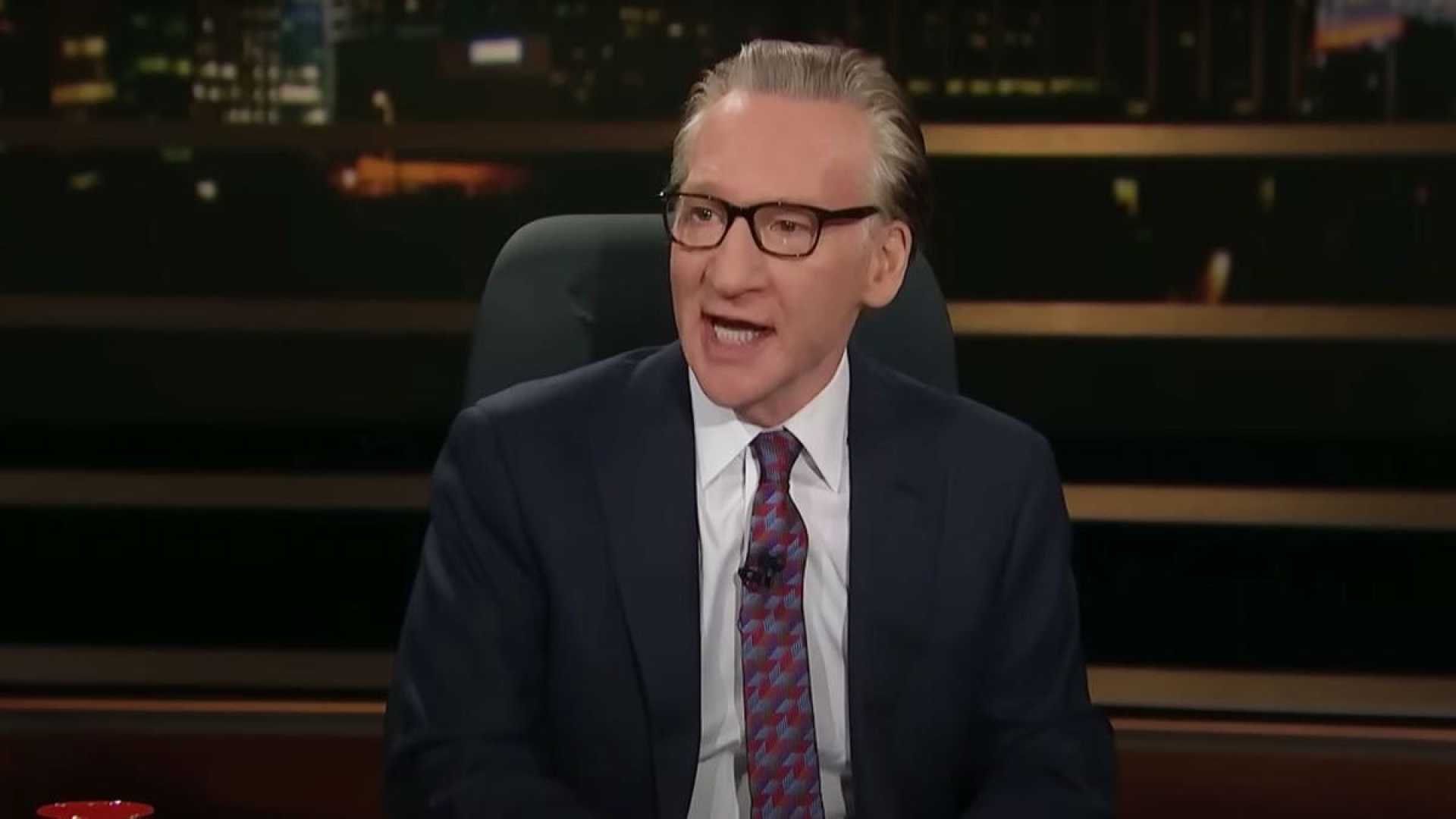Politics
Bill Maher Warns of China’s Threat, Criticizes Left’s Reluctance to Confront

LOS ANGELES, Calif. — HBO host Bill Maher sparked controversy during a panel discussion on Friday, warning of China‘s growing technological advancements and accusing the political left of being reluctant to confront the country’s adversarial actions because “they’re not white.”
Maher compared the current technological race between the United States and China to the Cold War-era space race between the U.S. and Russia. “Sputnik is at the beginning of the space race in the late ’50s. There were Russians. We thought we were going to beat them to the moon,” Maher said. “And now we are at that moment. That’s why they’re calling it a Sputnik moment with AI. We thought we were way ahead of China.”
The comedian and political commentator also referenced recent warnings from former FBI Director Christopher Wray about China’s cyberattacks on U.S. critical infrastructure. Maher described China as “kind of an evil empire” and criticized liberals for allegedly avoiding honest discussions about the country’s actions due to racial sensitivities.
“We couldn’t look into the origins of COVID being from the lab, which now the CIA, this week, has joined the FBI and many other organizations saying it probably did come from a lab,” Maher said. He added that some media outlets, including The New York Times, had dismissed COVID-19 lab leak theories as potentially racist and implausible.
Maher went further, declaring that China has become “the new Islam” in terms of public discourse, suggesting that people are hesitant to criticize the country out of fear of being perceived as biased. “China’s like the new Islam. We can’t be honest about them because they’re not white,” he said. “And China, okay, I’m sorry, kids, they do some bad things, China. And we should just recognize that.”
The discussion highlighted growing concerns about China’s technological and geopolitical ambitions, as well as the polarized nature of U.S. political discourse on the issue.












